Review on Panax ginseng therapeutic efficacy for COVID-19-associated neurological diseases kh_univ PanaxGinseng Ginseng COVID19 SARSCoV2 NeurologicalDisease Efficacy
By Pooja Toshniwal PahariaOct 14 2022Reviewed by Aimee Molineux In a recent review published in the Journal of Ginseng Research, researchers discussed the therapeutic potential of Panax ginseng for COVID-19 -induced neurological diseases.
About the review In the present study, researchers discussed existing literature concerning the SARS-CoV-2-induced neurodegeneration pathogenesis involving the activation of NLRP3 inflammasomes and the potential effectiveness of P. ginseng for NLRP3-targeted treatment of neurological diseases. In response to SARS-CoV-2-associated neurological injury and associated PAMP and DAMP formation, NLRP3 inflammasome is assembled and activated, stimulating the production of caspase-1-mediated interleukin -1β, IL-18, and other cytokines such as IL-6,12, and tumor necrosis factor-alpha by immunological cells. Therefore, NLP3 could be targeted to develop anti-SARS-CoV-2 therapeutic agents.
NLRP3 inflammasomes are initially expressed in inflammatory and immunological cells, including microglia, neutrophils, macrophages, and mast cells. Microglia are key cells involved in neuroinflammation, and balancing the M1/M2 microglia polarization is a potential therapeutic strategy for COVID-19-associated neurodegeneration.
The herb’s saponins inhibit NLRP3 and pro-IL-1β transcription and translation at the initial step. KRGE saponins have shown anti-inflammatory effects by ameliorating the messenger ribonucleic acid expression of genes encoding NLRP3 inflammasome components such as pro-IL-1β and pro-caspase-1 in mice. Ginsenoside Rd, a component of P.
Australia Latest News, Australia Headlines
Similar News:You can also read news stories similar to this one that we have collected from other news sources.
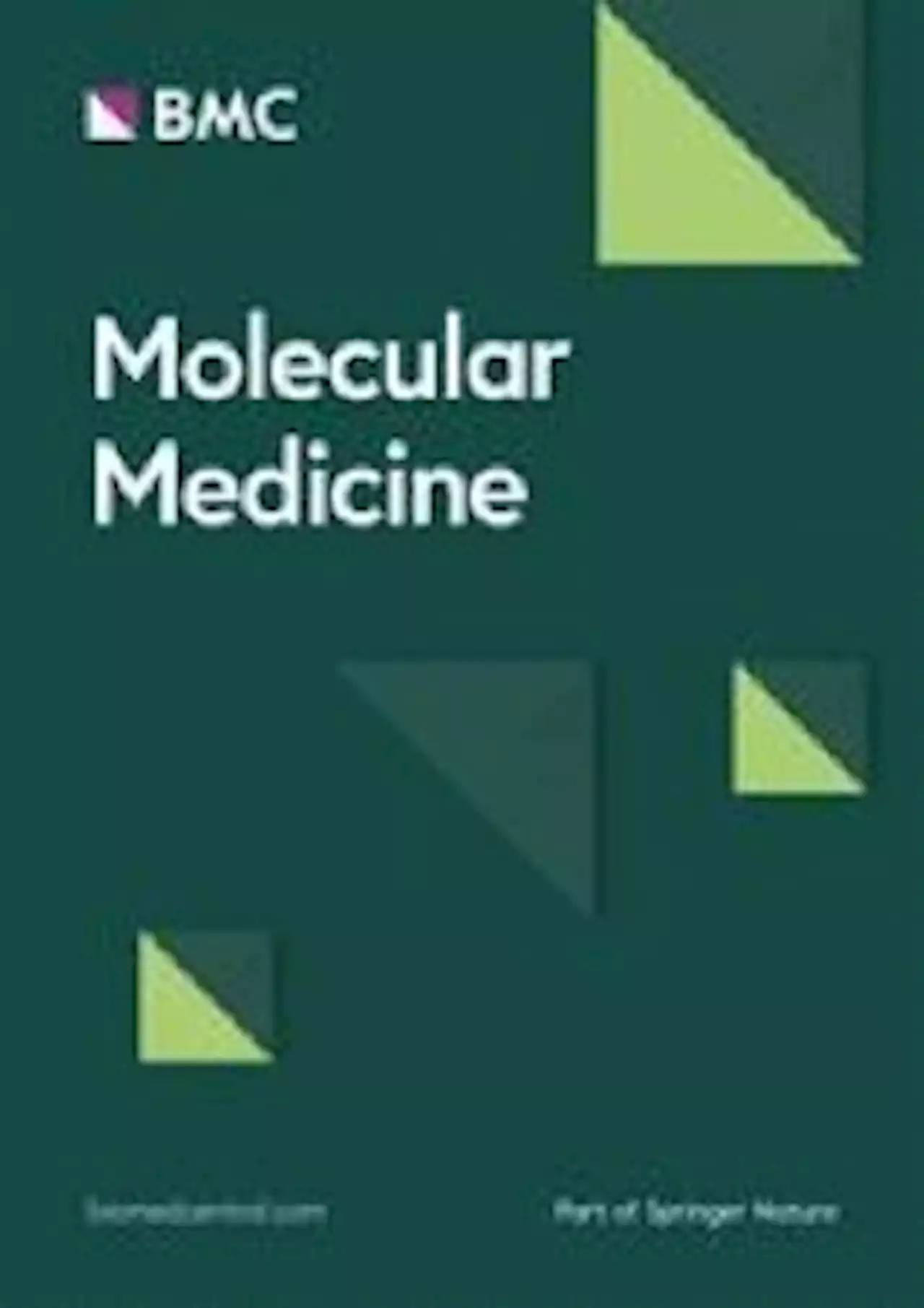 Elevated vascular transformation blood biomarkers in Long-COVID indicate angiogenesis as a key pathophysiological mechanism - Molecular MedicineBackground Long-COVID is characterized by prolonged, diffuse symptoms months after acute COVID-19. Accurate diagnosis and targeted therapies for Long-COVID are lacking. We investigated vascular transformation biomarkers in Long-COVID patients. Methods A case–control study utilizing Long-COVID patients, one to six months (median 98.5 days) post-infection, with multiplex immunoassay measurement of sixteen blood biomarkers of vascular transformation, including ANG-1, P-SEL, MMP-1, VE-Cad, Syn-1, Endoglin, PECAM-1, VEGF-A, ICAM-1, VLA-4, E-SEL, thrombomodulin, VEGF-R2, VEGF-R3, VCAM-1 and VEGF-D. Results Fourteen vasculature transformation blood biomarkers were significantly elevated in Long-COVID outpatients, versus acutely ill COVID-19 inpatients and healthy controls subjects (P | 0.05). A unique two biomarker profile consisting of ANG-1/P-SEL was developed with machine learning, providing a classification accuracy for Long-COVID status of 96%. Individually, ANG-1 and P-SEL had excellent sensitivity and specificity for Long-COVID status (AUC = 1.00, P | 0.0001; validated in a secondary cohort). Specific to Long-COVID, ANG-1 levels were associated with female sex and a lack of disease interventions at follow-up (P | 0.05). Conclusions Long-COVID patients suffer prolonged, diffuse symptoms and poorer health. Vascular transformation blood biomarkers were significantly elevated in Long-COVID, with angiogenesis markers (ANG-1/P-SEL) providing classification accuracy of 96%. Vascular transformation blood biomarkers hold potential for diagnostics, and modulators of angiogenesis may have therapeutic efficacy.
Elevated vascular transformation blood biomarkers in Long-COVID indicate angiogenesis as a key pathophysiological mechanism - Molecular MedicineBackground Long-COVID is characterized by prolonged, diffuse symptoms months after acute COVID-19. Accurate diagnosis and targeted therapies for Long-COVID are lacking. We investigated vascular transformation biomarkers in Long-COVID patients. Methods A case–control study utilizing Long-COVID patients, one to six months (median 98.5 days) post-infection, with multiplex immunoassay measurement of sixteen blood biomarkers of vascular transformation, including ANG-1, P-SEL, MMP-1, VE-Cad, Syn-1, Endoglin, PECAM-1, VEGF-A, ICAM-1, VLA-4, E-SEL, thrombomodulin, VEGF-R2, VEGF-R3, VCAM-1 and VEGF-D. Results Fourteen vasculature transformation blood biomarkers were significantly elevated in Long-COVID outpatients, versus acutely ill COVID-19 inpatients and healthy controls subjects (P | 0.05). A unique two biomarker profile consisting of ANG-1/P-SEL was developed with machine learning, providing a classification accuracy for Long-COVID status of 96%. Individually, ANG-1 and P-SEL had excellent sensitivity and specificity for Long-COVID status (AUC = 1.00, P | 0.0001; validated in a secondary cohort). Specific to Long-COVID, ANG-1 levels were associated with female sex and a lack of disease interventions at follow-up (P | 0.05). Conclusions Long-COVID patients suffer prolonged, diffuse symptoms and poorer health. Vascular transformation blood biomarkers were significantly elevated in Long-COVID, with angiogenesis markers (ANG-1/P-SEL) providing classification accuracy of 96%. Vascular transformation blood biomarkers hold potential for diagnostics, and modulators of angiogenesis may have therapeutic efficacy.
Read more »
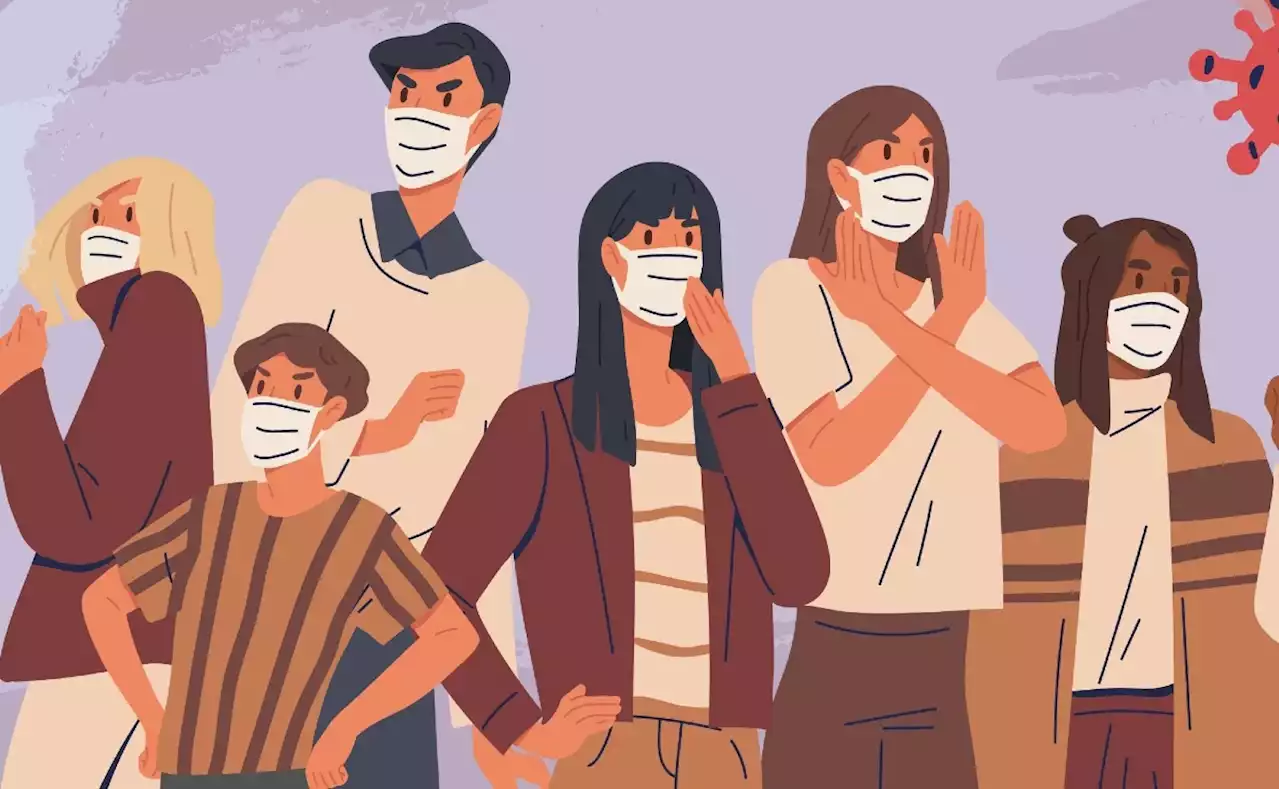 What is the association of masking behavior with SARS-CoV-2 infection?What is the association of masking behavior with SARS-CoV-2 infection? GWtweets SARSCoV2 COVID19 Masking Mask FaceMasks
What is the association of masking behavior with SARS-CoV-2 infection?What is the association of masking behavior with SARS-CoV-2 infection? GWtweets SARSCoV2 COVID19 Masking Mask FaceMasks
Read more »
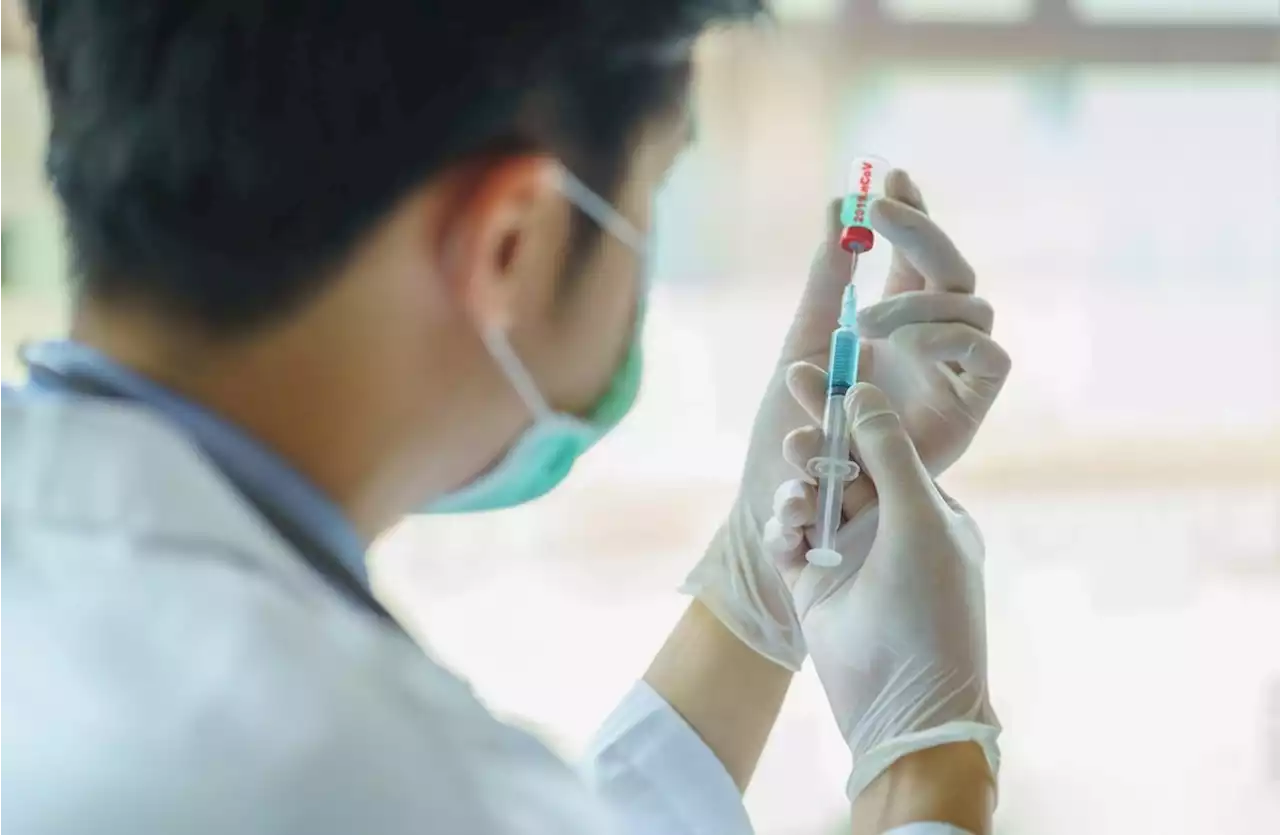 Chinese study determines the real-world effectiveness of COVID-19 vaccinesChinese study determines the real-world effectiveness of COVID-19 vaccines FrontiersIn FrontImmunol COVID19 coronavirus covid vaccine vaccination
Chinese study determines the real-world effectiveness of COVID-19 vaccinesChinese study determines the real-world effectiveness of COVID-19 vaccines FrontiersIn FrontImmunol COVID19 coronavirus covid vaccine vaccination
Read more »
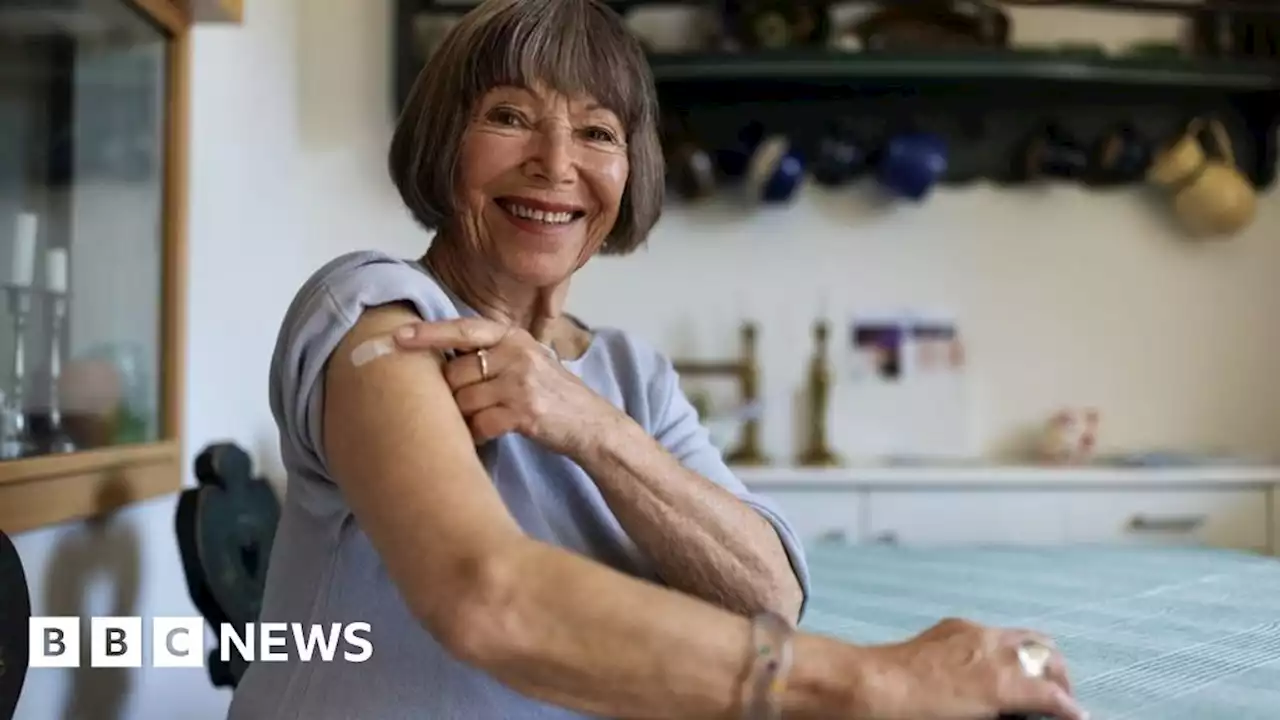 Covid protection may be boosted by genes, study showsEarly study suggests our genes may play a part in how well protected we are after Covid jabs.
Covid protection may be boosted by genes, study showsEarly study suggests our genes may play a part in how well protected we are after Covid jabs.
Read more »
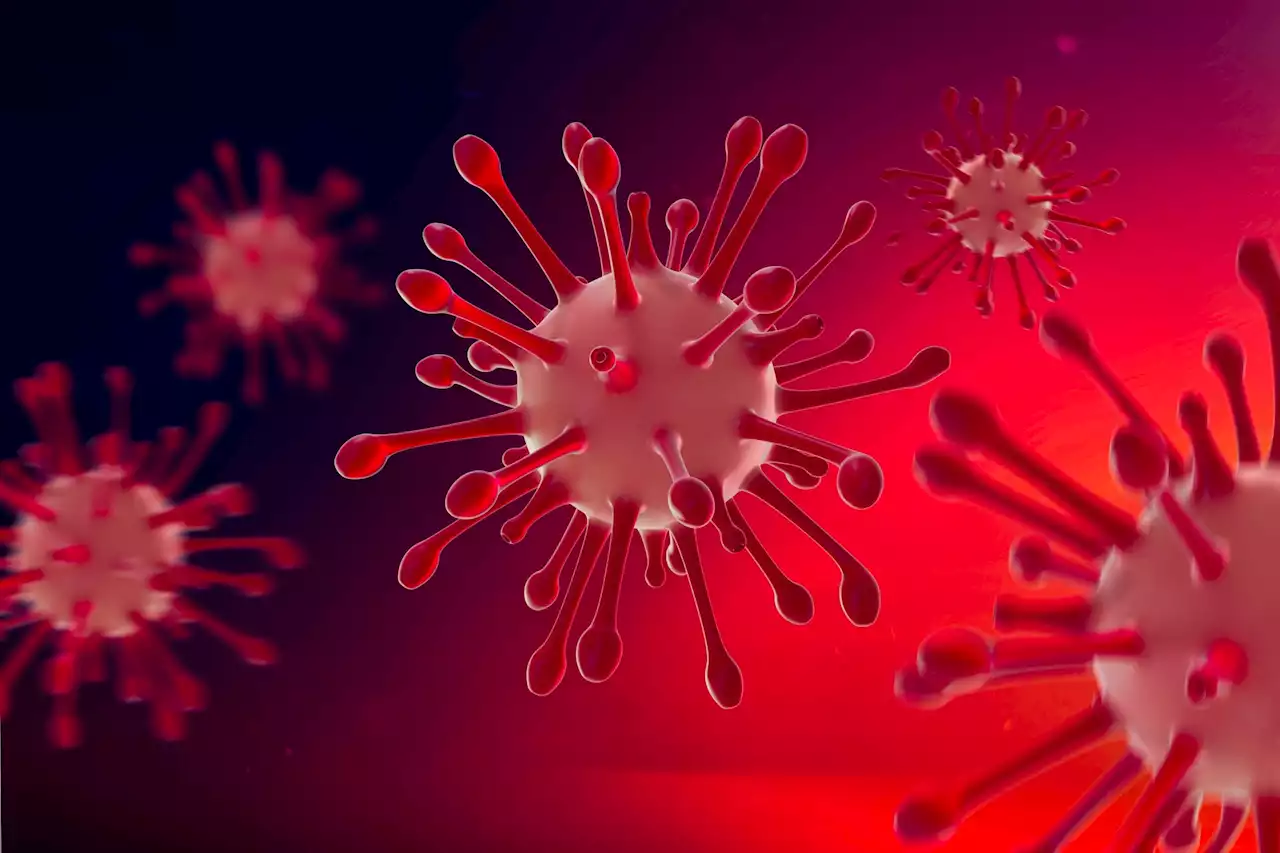 Study explores cell signaling dysregulation and COVID-19 severityResearchers assessed the impact of dysregulation in cell signaling events on coronavirus disease 2019 (COVID-19) severity.
Study explores cell signaling dysregulation and COVID-19 severityResearchers assessed the impact of dysregulation in cell signaling events on coronavirus disease 2019 (COVID-19) severity.
Read more »
